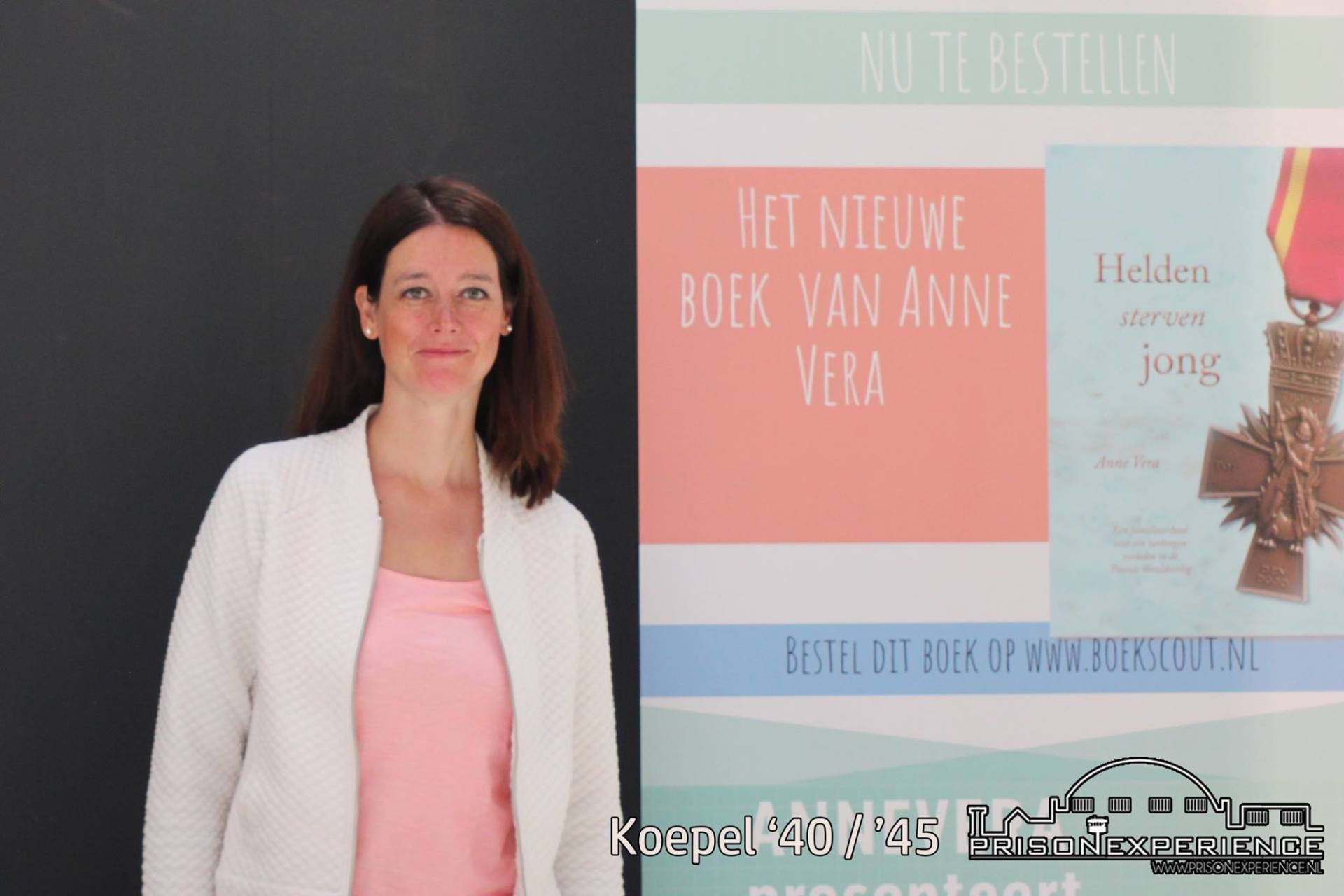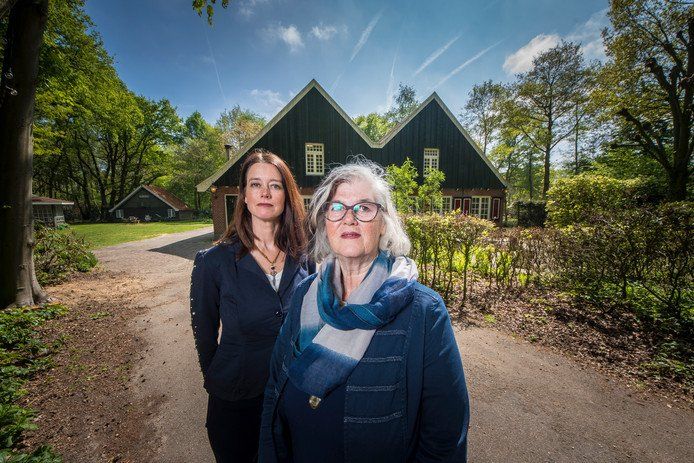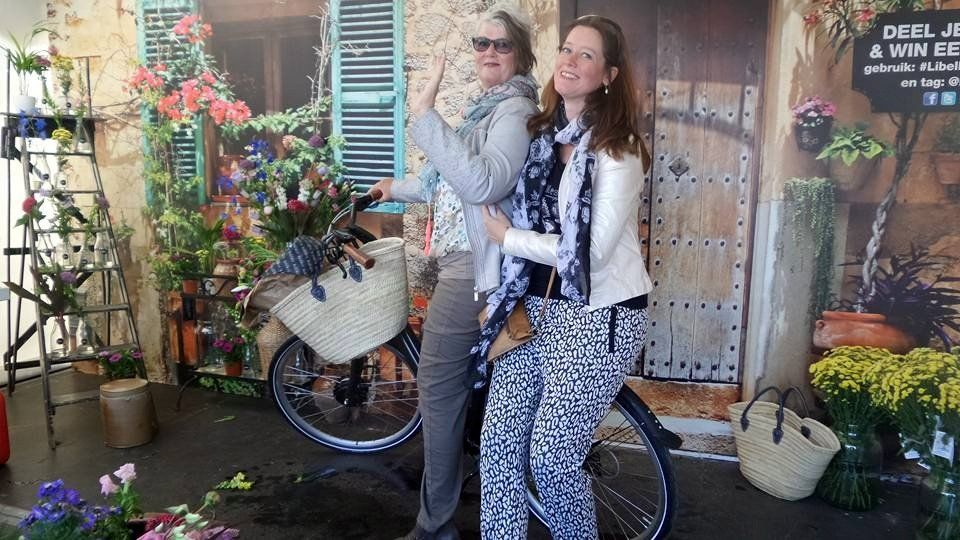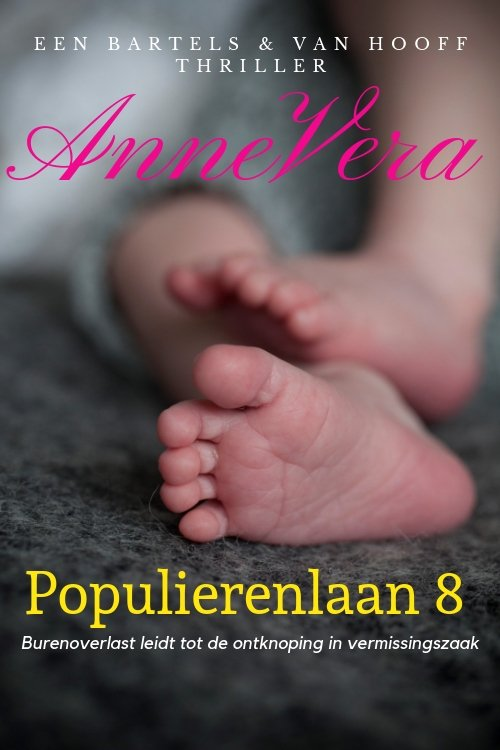Survivalgids voor de mantelzorger - Survival guide for the caregiver
divera • 8 november 2020
Een dag uit het leven van een mantelzorger - A day out of the life of a caregiver
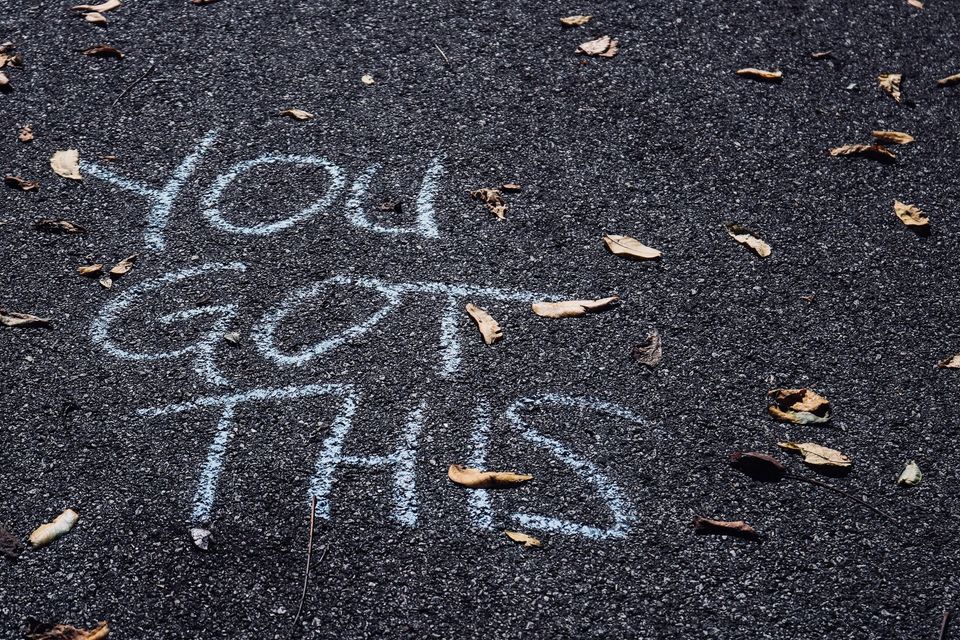
10 november is het weer zover. De dag van de mantelzorger! Jaarlijks worden er meestal activiteiten georganiseerd om deze dag te vieren, maar vanwege Covid gaan de activiteiten helaas niet door. En dat uitje dat heeft de mantelzorger af en toe wel nodig. Iedereen die voor een gezinslid of naaste zorgt weet dit maar al te goed. Want mantelzorg is namelijk niet iets wat je een korte periode of een week uit je leven doet. Het is een dagelijks proces waarbij je de zorg intensiveert als je ziet dat het nodig is, en de teugels laat vieren als je ziet dat het kan. Het vereist heel veel opoffering, liefde en vrije tijd van de mensen die de zorg verlenen. En vaak doen ze dit naast hun eigen werk en gezin en worden ze er niet voor betaald. De mantelzorger raakt daarom maar al te snel zelf overbelast of kampt met burnout klachten.
Wij van Djuun weten dit maar al te goed, omdat we al vijftien jaar intensieve zorg verlenen aan een familielid met een psychische aandoening. Juist! Dat is die persoon aan wie je niet kunt zien dat hij of zij ziek is, maar die wel veel aandacht en zorg nodig heeft. Had hij of zij maar een gebroken been of een nader te benoemen ziekte, dan had iedereen het gesnapt. Die enige vrije dag die jij als mantelzorger hebt naast je werk, besteedt je aan je familielied door met hem of haar op pad te gaan naar een tandarts, of dokters afspraak, het ggz, door boodschappen met hem of haar te doen en door fysiek en emotioneel aanwezig te zijn. Een dankbare, maar vermoeiende dag waarbij je wel met de ander bezig bent, maar geen tijd hebt voor jezelf. De volgende dag ga je weer op in de ratrace die werk en het zorgen voor gezin heet. En in tijden van crisis, ga je ook nog vanuit je werk 's-avonds heen, en vaak een dag in het weekend om wat gezelligheid te brengen. Vaak hebben dit soort mensen een sociaal isolement omdat ze zo slecht begrepen worden. Ze vertrouwen eigenlijk alleen familieleden of naasten. Een week is leuk, maar als dit structureel is, dan is er sprake van mantelzorg met alle fysieke en emotionele belasting die daar bij komt kijken.
Bronnen wijzen uit dat er landelijk zo’n 12% van de mantelzorgers zorgt voor iemand met een psychische aandoening, zoals depressie, een autistische stoornis en angststoornissen (bron: SCP, Informele hulp: wie doet er wat?, 2015). Mantelzorgers van mensen met psychische aandoeningen zijn relatief vaak hoog belast. En helaas nemen de aantallen toe.
De zorg is vaak levenslang en gaat gepaard met pieken en dalen. Ook is er vaak sprake van gedragsproblemen en kunnen problemen in de relatie ontstaan. Het risico op overbelasting is hoog. Mantelzorgers kunnen zich schuldig voelen over voor de aandoeningen bij hun naaste. Ook is het moeilijk om om te gaan met de persoonlijkheidsveranderingen van de naaste. Periodes van acute terugval die onmiddellijk actie vragen kunnen afgewisseld worden door relatief rustige periodes waarin er alertheid is op signalen van nieuwe terugval.
Voorbeelden van mantelzorgers van een naaste met psychische problemen:
– ouders die de zorg hebben voor hun zoon met autisme;
– een volwassen dochter die zorgt voor haar depressieve moeder;
– een zus die omziet naar haar broer met schizofrenie;
– een buurman die zorgt voor zijn buurvrouw met verslavingsproblemen. (bron www.markant.org)
Vaak vinden mensen, die de zorg verlenen, het lastig hulp te vragen aan andere mensen. Ze vinden het lastig hun vuile was buiten te hangen. De onvoorspelbare factor speelt een grote rol. Incidenten die uitgemeten worden in de media vergroten de angst, zodat de buitenwereld liever met een grote boog om het "probleemgeval" heen loopt. Men noemt dit "vraagverlegenheid".
Er zijn verschillende ontwikkelingen in de ggz die invloed hebben op de belasting van ggz-mantelzorgers. Het beleid is erop gericht om het aantal bedden in instellingen terug te brengen. De zorg wordt dichter rondom de patiënt georganiseerd. Dit betekent een grotere belasting van mantelzorgers en meer risico op overbelasting. Met name als patiënten vanwege wachtlijsten geen passende zorg ontvangen, leidt dit tot extra druk op de mantelzorger.
In de Wet verplichte GGZ sinds 1 januari 2020 de BOPZ, krijgen familieleden en naasten een volwaardige juridische positie. Belangrijke verandering is dat een opname niet per se noodzakelijk is en dat iemand ook thuis verplichte zorg kan ontvangen. Onder andere dit nieuwe beleid zorgt ervoor dat het signalering element van naasten, familieleden en buren extra belangrijk wordt in tijden van crisis.
Inderdaad, je leest het goed. De patiënt zo veel mogelijk thuis verzorgen, ook in tijden van crisis. De omgeving is zich hier vaak echter niet van bewust en verwijst maar al te snel naar opname. Onze mantelzorgers weten echter wel beter en proberen met schade en schande de patiënt zo veel mogelijk thuis te verzorgen. Dit creëert een soort spagaat waarbij de mantelzorger soms in een ongelooflijke benarde positie zit en alle ballen hoog probeert te houden. Een landelijk gecreëerd beleid dat ontzettend lastig uit te voeren is. In voorstadia van crisis kun je iemand namelijk nog thuis houden, maar in echte crisis is helaas opname de enige juiste mogelijkheid.
'Wat moet ik dan doen?' hoor ik je denken. Dat is ontzettend lastig en moeilijk uit te voeren, en per persoon verschillend, maar Djuun heeft er wel tips voor. Hierbij Djuun's toolkit (gebaseerd op onze eigen ervaringen):
- zorg dat jouw familielid of naaste de juiste medicatie krijgt op reguliere basis. Reinheid, rust en regelmaat. Het mooiste is een depot vorm, waarbij het medicijn geleidelijk in het lichaam afgegeven wordt en iemand stabiel blijft. Dit wordt middels een injectie een keer in de drie of vier weken gegeven (overleg met ggz). Een voorlopige machtiging kan hierbij helpen waardoor de vrijwilligheid voor het slikken van pillen wegblijft en de stabiliteit toeneemt.
- zorg dat jouw familielid of naaste in een rustig eet/slaap patroon komt. Onze zoon-broer krijgt wekelijks alle echt noodzakelijke boodschappen (anders vergeet hij te eten of ze te halen) en haalt zelf de kleine dingetjes.
- verdeel de zorg tussen jou en anderen zodat je af en toe even adem kunt halen
- neem de financiën en regelzaken uit handen van de patiënt als ze dit willen. Vaak hebben ze veel aan hun hoofd. Het hoofd is zo vol dat heel veel van dit soort zaken verkeerd gaan en ze geen overzicht hebben in de financiën. Onze zoon/broer heeft een boodschappen pas waarmee hij dingen kan kopen. Op deze manier heeft hij toch een vorm van vrijheid en autonomie.
- Aandacht, persoonlijke aandacht. Ga op de koffie. Help eens met de tuin. Praat over zijn hobbies. Een maatje zou veel kunnen helpen en breidt zijn of haar netwerk uit. Wij hebben dan ook een maatje geregeld via Leviaan die muziek met hem maakt of gewoon even komt praten (www.leviaan.nl)
- Ga erop uit. Uit eten, naar de bios, naar een café. Dit zijn uitjes die voor dit soort mensen vaak heel lastig zijn. Ze durven niet, zijn bang dat ze de verkeerde dingen zeggen.
- Ga niet in discussie als iemand in de war is. Probeer ze gerust te stellen. Geef ze desnoods gelijk of luister alleen. Je gelijk willen halen helpt niet en zorgt voor agressie.
- Accepteer dat iemand anders denkt. Anders dan dat wij gewend zijn. En dat er soms zaken stuk gaan of kwijt raken. Het hoort een beetje bij het beeld. Je weet dat je als mantelzorger een jaarlijkse kostenpost hebt die in onze ogen volledig onnodig zou zijn. Daarentegen gaan ze vaak niet op vakantie en houden ze er geen decadent leven op na. Reserveer geld voor onvoorziene zaken.
- Accepteer dat je het niet over jezelf kunt hebben. Als mantelzorger verleen je zorg en hoef je niet teveel empathie terug te verwachten. Onze ervaring is dat de dankbaarheid er wel is, maar vaak op een ander moment terug komt.
We willen graag mensen over onze ervaringen vertellen en laten weten dat wij ook door hele moeilijke jaren heen gegaan zijn, met slapeloze nachten en veel problemen. Het is echter wel een feit dat er een steeds grotere groep mensen is met psychische en sociale problematiek. Onze dagelijkse samenleving, het internet en social media is hier debet aan. Ook nu met Covid komen we erachter dat alleen thuis werken eigenlijk niet zo gezellig is. We zijn eigenlijk mensen die behoefte hebben aan de warmte van anderen, een knuffel en echte interactie. En niet alleen een digitaal scherm dat tegen ons praat.
Deze mensen zijn ongelooflijk mooie spiegels van onze over-geregelde, gestructureerde controle maatschappij, waarbij we graag over iemand oordelen, maar soms niet weten welke verhalen erachter zitten. Echt contact, aandacht en respect brengt je een stuk verder. We zijn nou eenmaal allemaal anders.
Een platform voor familieleden die hiermee te maken hebben is Ypsilon. Voor een klein bedrag per jaar kun je lid worden en kun je meedoen aan familie-avonden of andere activiteiten. Bovendien wordt je door Ypsilon op de hoogte gehouden van allerlei wetenswaardigheden. Wij zijn ook lid. De website is www.ypsilon.org.
Ook de gemeente (loket WMO) denkt graag mee in deze problematiek. In enkele gevallen kunnen ze ook een pgb budget verlenen. Wil je meer weten over onze ervaringen of heb je een vraag, je kunt ons gerust mailen op andromediums@gmail.com (annette) of via divera77@live.nl (vera). We staan je graag te woord.
Dit jaar mag Djuun een theepakket ophalen bij de gemeente als dank voor de mantelzorg die ze verlenen. Dit is georganiseerd door de gemeente.
Djuun wil ook graag iets doen voor een mantelzorger. Heb je een goede tip of een ander leuk weetje? Djuun selecteert degene met de leukste of handigste tip en verrast diegene met Djuun's mantelzorg kado. Reacties graag hieronder of via onze mail. En om dit stuk positief af te sluiten, willen we graag een leuke quote met je delen van onze zoon/broer toen hij in de war was en opgenomen werd.
'Superman is goed, maar ik ben beter!'
Hier hebben we later heel hard om gelachen. Succes en graag horen we over jullie tips.
Team Djuun
English translation:
November 10th is THE day again. The day of the caregiver! Every year activities are usually organized to celebrate this day, but due to Covid the activities unfortunately do not take place. And that is really something the caregiver needs from time to time. Anyone who takes care of a family member or loved one knows this all too well. Because informal care is not something you do for a short period or a week in your life. It is a daily process in which you intensify care when you see it necessary, and loosen the reins when you see that it is possible. It requires a great deal of sacrifice, love and leisure from the people who provide the care. And often they do this in addition to their own work and family and they are not paid for it. The informal caregiver is therefore all too quickly overburdened or suffers from burnout complaints.
We at Djuun know this all too well, because we have been providing intensive care to a family member with a mental illness for fifteen years. Right! That is the person to whom you cannot tell that he or she is ill, but who does need a lot of attention and care. If only he or she had a broken leg or an illness to be named, everyone would have understood. That only day off you have as a caregiver besides work, you spend on your family member by going with him or her to a dentist or doctor's appointment, mental health care, by doing errands with him or her and by physically to be emotionally present. A grateful, but tiring day where you are busy with the other, but do not have time for yourself. The next day you get back into the rat race called work and family care. And in times of crisis, you also go from work in the evening, and often a day at the weekend to bring some fun. Often these types of people are socially isolated because they are so poorly understood. They really only trust family members or loved ones. A week is nice, but if this is structural, then there is informal care with all the physical and emotional burden that comes with it.
Sources indicate that nationwide about 12% of informal caregivers care for someone with a mental illness, such as depression, an autistic disorder and anxiety disorders (source: SCP, Informal help: who does what ?, 2015). Informal carers of people with mental illnesses are relatively often heavily burdened. And unfortunately the numbers are increasing.
The care is often lifelong and is accompanied by peaks and troughs. There are also often behavioral problems and problems in the relationship can arise. The risk of overload is high. Caregivers may feel guilty about their loved one's conditions. It is also difficult to deal with the personality changes of the loved one. Periods of acute relapse that require immediate action can be alternated with relatively quiet periods in which there is alertness to signs of new relapse.
Examples of carers of a loved one with psychological problems:
- parents who care for their son with autism;
- an adult daughter taking care of her depressed mother;
- a sister looking after her brother with schizophrenia;
- a neighbor who takes care of his neighbor with addiction problems. (source www.markant.org)
Often people who provide the care find it difficult to ask for help from other people. They find it difficult to hang their dirty laundry outside. The unpredictable factor plays a big role. Incidents that are reported in the media increase fear, so that the outside world prefers to avoid the "problem case" with a wide arc. This is called "demand shyness".
There are various developments in mental health care that influence the burden on mental health care providers. The policy is aimed at reducing the number of beds in institutions. Care is organized closer to the patient. This means a greater burden on informal carers and a greater risk of overload. Particularly when patients do not receive appropriate care due to waiting lists, this leads to extra pressure on the caregiver.
In the Mandatory GGZ Act, the BOPZ since January 1, 2020, family members and relatives are given a fully-fledged legal position. An important change is that admission is not necessarily necessary and that someone can also receive mandatory care at home. Among other things, this new policy ensures that the signaling element of loved ones, family members and neighbors becomes extra important in times of crisis.
Indeed, you read it correctly. Taking care of the patient at home as much as possible, even in times of crisis. However, the environment is often unaware of this and all too quickly refers to admission. However, our informal carers know better and try to take care of the patient at home as much as possible with harm and shame. This creates a kind of split where the caregiver is sometimes in an unbelievably dire position and tries to keep all the balls high. A nationally created policy that is extremely difficult to implement. In the pre-crisis stages you can still keep someone at home, but in real crisis admission is unfortunately the only right option.
'What should I do?' I hear you think. That is very difficult and difficult to implement, and differs per person, but Djuun has tips for it. Here is Djuun's toolkit (based on our own experiences):
- make sure your family member or loved one receives the correct medication on a regular basis. Cleanliness, tranquility and regularity. The best thing is a depot form, where the drug is gradually released into the body and someone remains stable. This is given by injection once every three or four weeks (consultation with mental health care). A provisional authorization can help with this, so that the willingness to swallow pills does not occur and the stability increases.
- ensure that your family member or loved one comes into a calm eating / sleeping pattern. Our son-brother gets all the necessary groceries every week (otherwise he forgets to eat or get them) and fetches the little things himself.
- divide the care between you and others so that you can take a breath now and then
- take over the finances and administrative matters from the patient if they want to. They often have a lot on their mind. The head is so full that many of these things go wrong and they have no overview of the finances. Our son / brother has a grocery card with which he can buy things. In this way he still has a form of freedom and autonomy.
- Attention, personal attention. Have a coffee. Help with the garden. Talk about his hobbies. A buddy could help a lot and expand his or her network. We have arranged a buddy through Leviaan who makes music with him or just comes to have a chat (www.leviaan.nl)
- Get out there. Eating in a restaurant, going to the cinema, going to a cafe. These are activities that are often very difficult for these types of people. They don't dare, they are afraid they will say the wrong things.
- Don't argue if someone is confused. Try to reassure them. If necessary, agree or just listen. Wanting to be right does not help and causes aggression.
- Accept that someone else is thinking. Different from what we are used to. And that sometimes things break or get lost. It's kind of part of the picture. You know that as an informal caregiver you have an annual expense that would be completely unnecessary in our view. In contrast, they often do not go on vacation and do not live a decadent life. Reserve money for unforeseen things.
- Accept that you cannot talk about yourself. As an informal caregiver you provide care and you do not have to expect too much empathy in return. Our experience is that gratitude is there, but often returns at a different time.
We would like to tell people about our experiences and let them know that we have also gone through very difficult years, with sleepless nights and many problems. However, it is a fact that there is an increasing group of people with psychological and social problems. Our daily society, the internet and social media are responsible for this. Even now with Covid we find out that working alone at home is actually not that pleasant. We are actually people who need the warmth of others, a hug and real interaction. And not just a digital screen that talks to us.
These people are incredibly beautiful mirrors of our over-arranged, structured control society, where we like to judge someone, but sometimes don't know the stories behind them. Real contact, attention and respect will take you a lot further. We are all different.
A platform for family members dealing with this is Ypsilon. For a small amount per year you can become a member and participate in family evenings or other activities. Moreover, you will be kept informed by Ypsilon about all kinds of information. We are also members. The website is www.ypsilon.org.
The municipality (WMO desk) is also happy to help with this issue. In some cases they can also grant a PGB budget. If you would like to know more about our experiences or if you have a question, feel free to email us at andromediums@gmail.com (annette) or via divera77@live.nl (vera). We are happy to help you.
This year Djuun can pick up a tea package from the municipality as a thank you for the informal care they provide. This is organized by the municipality.
Djuun would also like to do something for an informal caregiver. Do you have a good tip or another fun fact? Djuun selects the person with the nicest or most useful tip and surprises them with Djuun's informal care gift. Please comment below or via our email. And to end this piece on the positive, we would like to share with you a nice quote from our son / brother when he was confused and in crisis.
"Superman is good, but I'm better!"
We laughed very hard about this later on. Good luck and we would love to hear about your tips.
Team Djuun
Een














